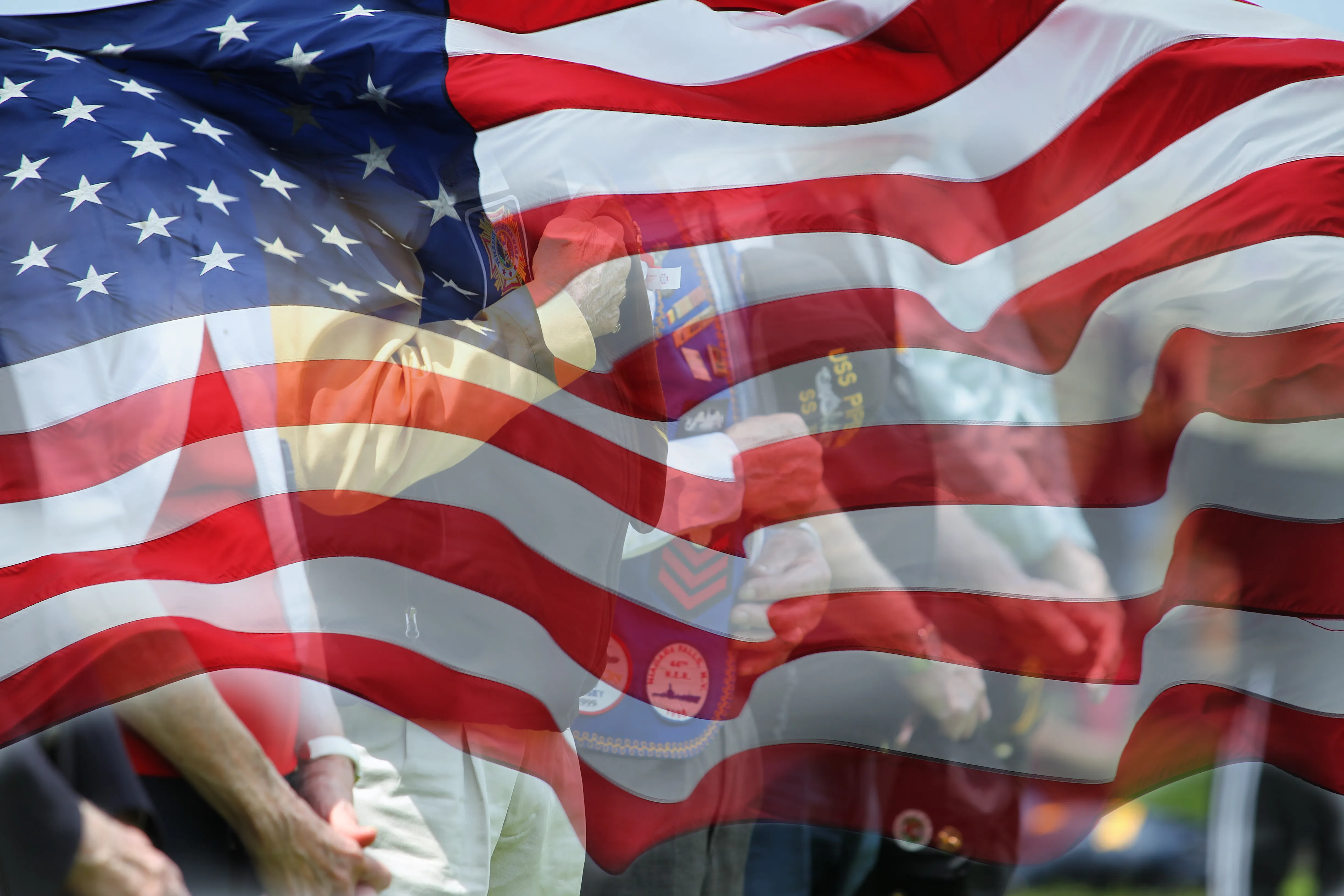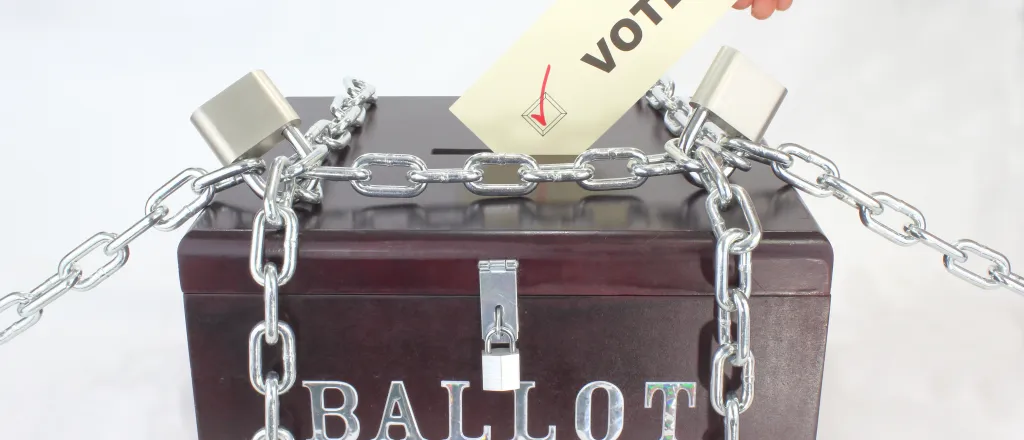
Kansas House bill would use driver’s license records to look for voters who are not citizens
A bill proposed in the Kansas House seeks to remove people who are not U.S. citizens from the state’s voter rolls through temporary driver’s license records, invoking concern for potential disenfranchisement of Kansas voters.
A Kansas Secretary of State’s Office official said the records are “the best tool we have” to identify voters who are not U.S. citizens, of which the true number in Kansas is unknown.
There is no “magic list” disclosing all people who are not citizens in Kansas, said Bryan Caskey, the deputy secretary of state and director of elections, at a Tuesday hearing in the House Elections Committee. But the temporary driver’s license list is about as close as the office can get, he said.
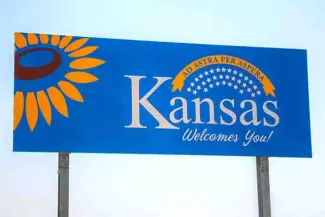
© iStock - AndreyKrav
“It is one of the rare pieces of factual, direct evidence of non-U.S. citizens,” Caskey said, “and so that’s why we want the list more often because it’s, quite frankly, one of the best tools that we have to verify non-U.S. citizens being on our voter registration list.”
The Kansas Secretary of State’s Office, which supports House Bill 2020, has received a temporary driver’s license list about six times in the past 15 years, Caskey said.
About 38,000 people in Kansas have active temporary drivers licenses as of December.
Of the state’s more than 2 million voters, state officials found 202 potential matches when comparing a temporary driver’s license list and the voter rolls. About 120 of those were false positives, and 85 warranted additional investigation. About 21 of the 85 have a voting history attached to them and would require even further investigation to determine citizenship status.
Clay Barker, general counsel to the secretary of state’s office, said nothing prevents officials from investigating a case of a potential voter who is not a U.S. citizen.
“There has to be something more than an odd last name, but if you have reason to believe someone’s a noncitizen, you can conduct an investigation and gather more information,” Barker said.
When obtaining a driver’s license, a person must prove residency in Kansas, which could include proof of U.S. citizenship or legal immigration status. In the latter case, a temporary driver’s license is typically issued. The aim of the bill is to compare the lists of people with temporary driver’s licenses to the secretary of state’s voter rolls to determine if people who are not U.S. citizens are participating in Kansas elections.
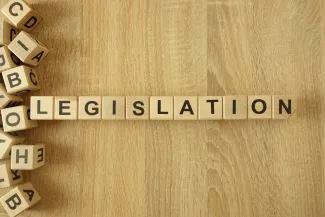
“The list shall contain the names, addresses, phone numbers, social security numbers, dates of birth, temporary drivers’ license numbers and expiration dates of such licenses,” the text of the bill read. “The secretary of state shall compare such lists with the voter registration rolls and delete any names of noncitizens that appear on the voter rolls.”
However, the Secretary of State’s Office cannot modify voter rolls, a job reserved for county elections officials, and state officials said action cannot be taken unless they receive confirmation from an outside source of a person’s current citizenship status.
Davis Hammet, president of voting rights organization Loud Light, supported the concept of the bill but expressed concern at the Tuesday hearing over its declaratory language and lack of detail.
“The most dangerous thing you could do is assume that you can take two list and perfectly compare them,” Hammet said.
The logistics of how the bill could be administered were missing, Hammet said. He warned oversimplification of legislation could run the risk of disenfranchising valid Kansas voters, as was the case with a law struck down in 2018 that illegally mandated Kansans show documented proof of citizenship to register to vote. The law blocked more than 35,000 Kansans from voting.
Brett Anderson, a Republican precinct committee member in Sedgwick County, questioned the difference between the proposed bill and the struck-down citizenship requirement.
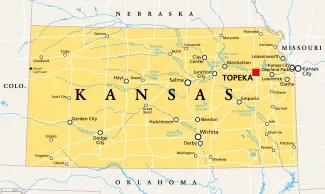
© PeterHermesFurian - iStock-1352430281
“What has been passed to strengthen non-voter laws in Kansas? Isn’t this setting up for litigation when the main issue of citizenship is still in limbo in Kansas?” he asked in written public testimony.
Representative Pat Proctor, a Leavenworth Republican and chairman of the House Elections Committee, appeared frustrated with the comparison between the unlawful proof of citizenship requirement and HB 2020. He said this bill isn’t about how voters are registered but how voter rolls are maintained.
“Anyone who tells you that non-citizens aren’t voting in Kansas is lying to you,” he said in a news release distributed before the hearing. “The fact is we don’t know because we aren’t doing much to check.”
In litigation over the proof of citizenship requirement, then-Secretary of State Kris Kobach failed to present evidence of widespread voter fraud. Fewer than 40 people who were not U.S. citizens had registered to vote over a 20-year period.
The American Civil Liberties Union of Kansas expressed concerns over data privacy, pandering to conspiracy theories of illegal voting and inadequate appeals processes.
“HB 2020 plays into conspiracy theories about large numbers of non-citizens voting in Kansas elections, and altering the outcome of those elections,” said Rashane Hamby, director of policy and research for the ACLU of Kansas, in written testimony. “This simply isn’t true.”
Another attempt at legislation targeting people who are not U.S. citizens is set to appear at a Thursday hearing before the same committee. It involves a constitutional amendment that would require voters be citizens, 18 years old and a resident in their assigned voting area. It is already a felony crime for someone who is not a U.S. citizen to claim they are a citizen on a voter registration form.
Kansas Reflector is part of States Newsroom, a nonprofit news network supported by grants and a coalition of donors as a 501c(3) public charity. Kansas Reflector maintains editorial independence. Contact Editor Sherman Smith for questions: info@kansasreflector.com.








